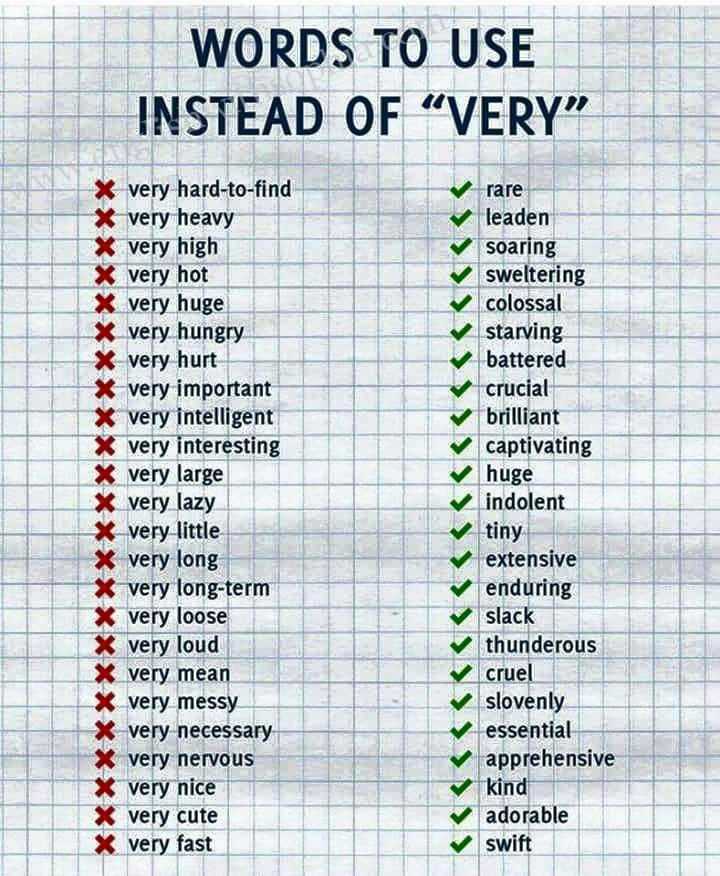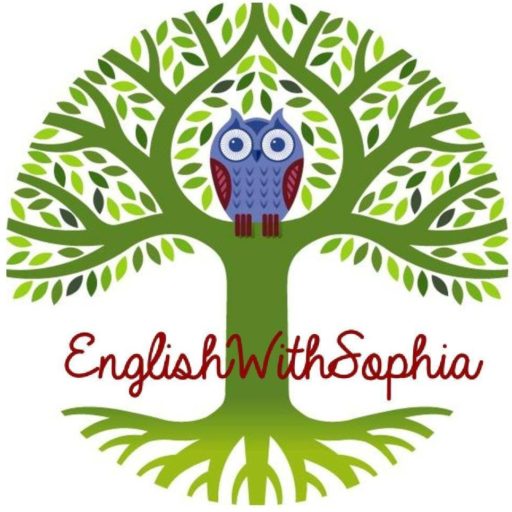The following cheat-sheet will help you to recognize the informal and formal ways of saying the same thing.We use formal language in situations that are serious and informal language in situations that are more relaxed.
Boost your English fluency and sound more natural by learning these 20 Movies and Books Collocations in context. Check what you have learnt with a quiz.
Boost your English fluency and sound more natural by learning these 25 Houses Collocations in context. Check what you have learnt with a quiz.
Boost your English fluency and sound more natural by learning these 20 Appearances Collocations in context. Check what you have learnt with a quiz.
Boost your English fluency and sound more natural by learning these 25 Feelings Collocations in context. Check what you have learnt with a quiz.
Boost your English fluency and sound more natural by learning these 20 Behaviour Collocations in context. Check what you have learnt with a quiz.
Boost your English fluency and sound more natural by learning these 25 Relationships Collocations in context. Chec what you have learnt with a quiz.
Boost your English fluency and sound more natural by learning these 30 Family Collocations in context. Check what you have learnt with a quiz.
Learn this short list of practical, fresh synonyms for most dull words to make your speech better.
The word ‘very’ in English is, of course, very important. It is an adverb that we use to highlight or intensify adjectives: very nice, very big, very good. Using if frequently seems hard to avoid, but as an English teacher, I feel that students tend to use this word too much.There are similar words that could be used instead. Now, we are going to cover these alternatives and show ways to diversify your vocabulary as much as possible.





